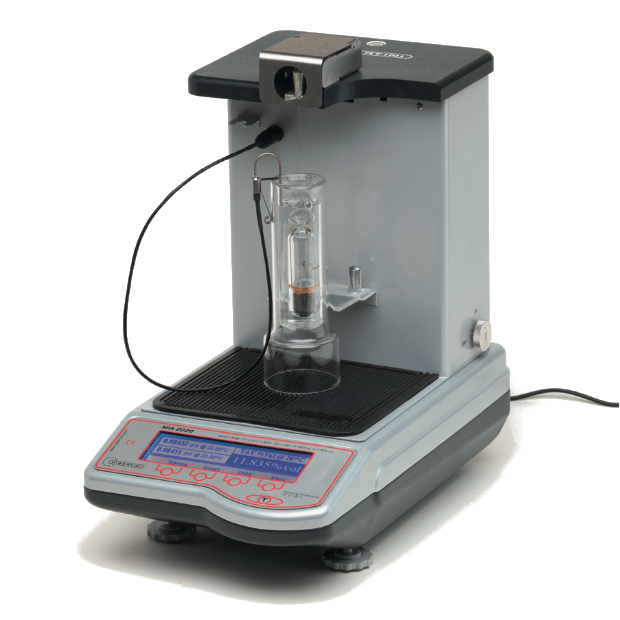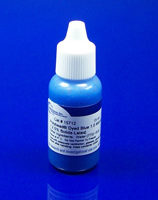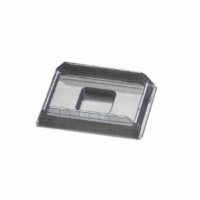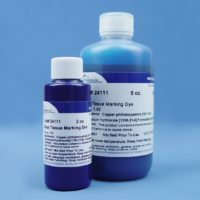Hydrostatic Balance: MIA 2020
Fully automatic densimeter for determination of Alcoholic Strength by Volume (ASV) on the distillate.
Description
Fully automatic densimeter for determination of Alcoholic Strength by Volume (ASV) on the distillate.
FUNCTIONS
The readout of the Alcoholic Strength by Volume is shown on a large graphic led screen simultaneously with the readout of temperature, density at 20°C and other parameters.
TECHNICAL FEATURES
- Alcoholic strength by volume (ASV)
Reading range: 0,050÷99,980% vol
Readability: 0,005% vol
Repeatability: ±0,01% vol (between 15° and 25°C) - Density
Relative density range: 0,5÷2,25 (d20/20)
Readability: 0,00001
Repeatability: ± 0,00002 - Repeatability
Type: Thermo probe in platinum Pt 100 1/3 DIN
Readability: 0,05°C
Repeatability: ±0,05°C (in the range 10÷30°C)
STANDARD EQUIPMENT
- Power supply, 1 hydro repellent floater interchangeable in mass and volume, Accredia RMP certified hydroalcoholic solution, double wall cylinder.
| Response time | 6 sec. |
|---|---|
| Data output | RS232 I/O |
| Calibration | Internal |
| Operating temperature | 10÷30°C (suggested 15÷25°C) |
| Power | 100/240 Vac 50/60Hz |
| Absorption | 10 VA |
| Dimensions (W x D x H) | 210 x 370 x 380 mm |
| Net weight (kg) | 8,5 |
| Note | Languages: Italian, English |
ON REQUEST
- Floaters with certificate, Accredia (Italian Accreditation Body) Certified Reference Material Hydroalcoholic solutions (5÷60%ASV)
INTERCHANGEABLE FLOATERS IN MASS AND VOLUME
A special care is devoted to the construction and calibration of the floaters.
They are all interchangeable in mass and volume to simplify their use; for example, it is possible to use two different floaters to determine the relative density of a must or a wine; so that sample pollution is avoided.
In order to achieve what mentioned before, the suspension wire realized with a non-magnetic and stainless material, with a diameter less or equal to 0.20 mm. and the superficial treatment of the floater’s glass were object of thorough studies to nullify the problems caused by the surface tension, by the wire’s own volume, and by the electrostatic charges.
DATA SHEETS





